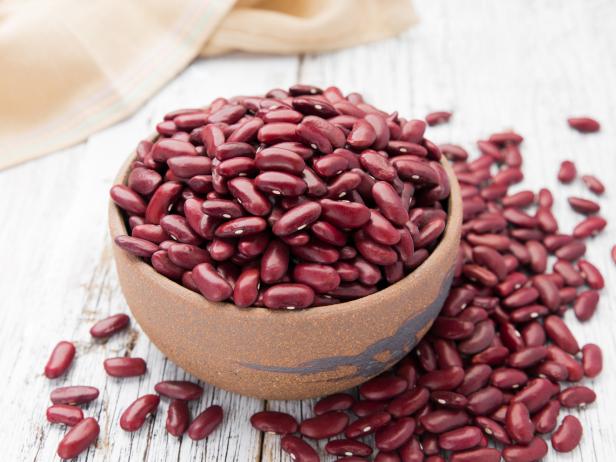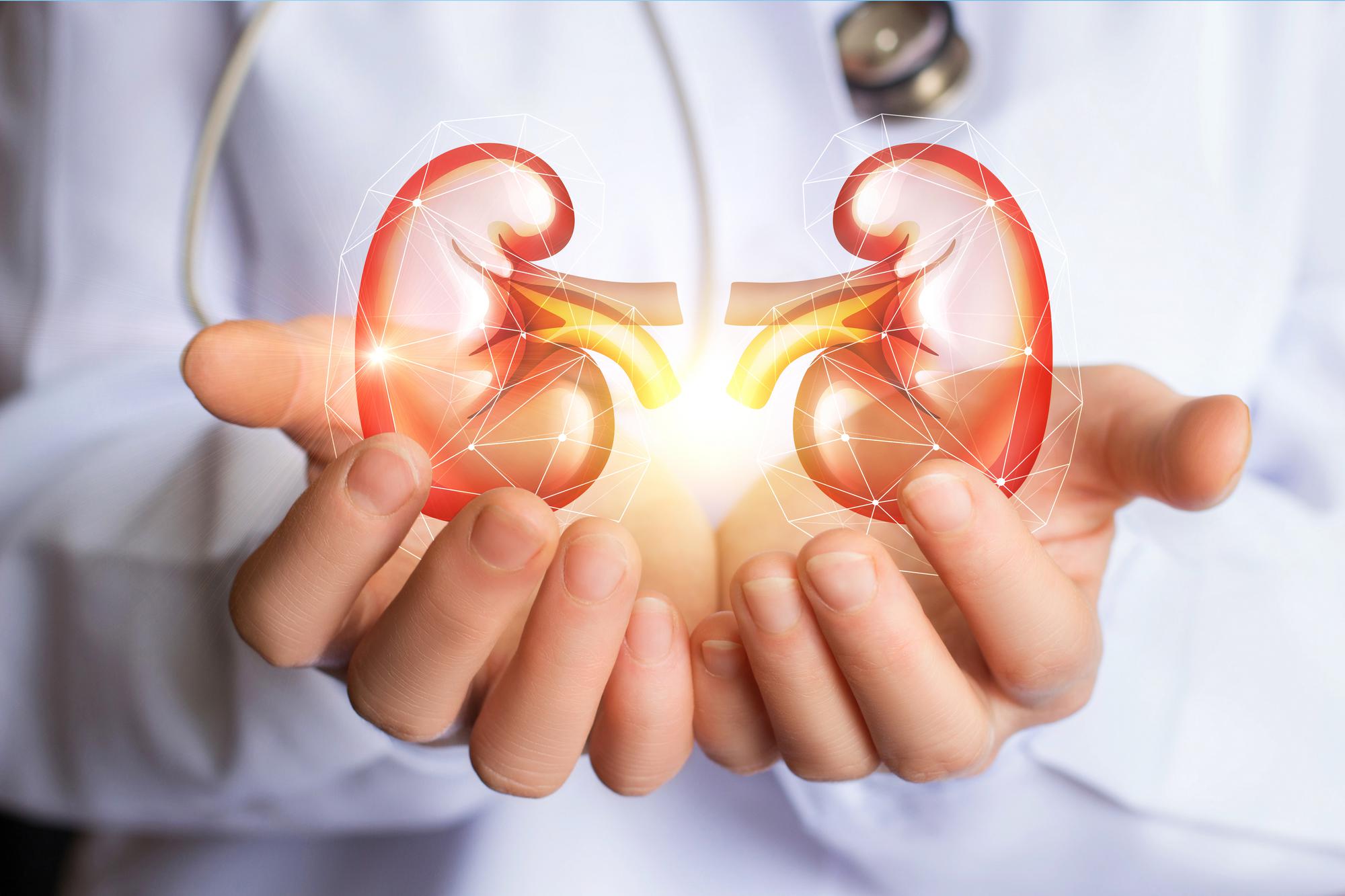Kidney Bean Nutrition Facts and Health Benefits That You Should Know
Kidney beans are a relatively popular food ingredient as it can be added to a number of dishes around the world. Kidney beans are great for health, so everyone should eat this natural ingredient regularly for good health! In today’s article on Toplifetechs, you will have the opportunity to discover kidney bean nutrition facts!
Contents
Kidney bean nutrition facts
The following nutritional information is provided by USDA for 1/2 cup (90g) of cooked red beans with no added salt or fat.
Carb
Kidney beans are a low-calorie food that provides a healthy amount of complex carbohydrates. There are three types of carbohydrates in kidney beans.
Most of the carbohydrates in kidney beans come from starches. Starches provide quick energy to the body. Kidney beans also have small amounts of natural sugar.
The rest of the carbs in kidney beans are fiber (more than 6 grams in a half-cup serving). Fiber helps stabilize blood sugar, increase feelings of fullness and improve digestive health.
Kidney beans have a glycemic index (GI) of about 24.3 As a reference, foods with a GI of 55 or less are considered low glycemic index foods. The glycemic load for a 100-gram serving of lentils is about 9. The glycemic load takes into account the serving size of the food when estimating the effect of a food on blood sugar and blood glucose load below 10. is not expected to affect blood glucose response much.
Fat
There is less than one gram of fat in half a cup of kidney beans, which makes them a natural low-fat food. Most of those small fats are healthy polyunsaturated and monounsaturated fats.
Protein
Each half-cup serving of lentils provides nearly 8 grams of plant-based protein. For this reason, many vegetarians and vegans use kidney beans or other legumes to increase their protein intake.
However, kidney beans are not a complete protein. Complete protein provides all the essential amino acids that the body cannot make and must therefore be consumed in the diet. You also need to make sure to eat whole grains or seeds to get all the essential amino acids.
Vitamins and minerals
A 100 gram serving (just over half a cup) of cooked lentils contains 33% of your daily folate requirement. This B vitamin enhances red blood cell production and provides other health benefits. The same serving also provides thiamin (11% of your daily needs) and smaller amounts of vitamin K (10%), vitamin B6 (6%), vitamin C, riboflavin, niacin, and pantothenic acid.
Minerals in kidney beans include phosphorus (14%) and manganese (22%), a vitamin that regulates the nervous system and improves brain and bone health. You will also benefit from copper (11%), potassium (12%), magnesium (10%), and iron (12%).
Health benefits of kidney bean
Legumes, including kidney beans, have been studied by nutrition researchers for many years. They are widely consumed, inexpensive and widely cultivated around the world. Research shows that increasing your bean intake has certain health benefits.
Supports healthy weight management
A review of legumes published in the Obesity Assessment Journal determined that “replacing high-energy foods with legumes has been shown to have beneficial effects. Beneficial in the prevention and management of obesity and related disorders, such as cardiovascular disease, diabetes and metabolism “5 Study authors recommend replacing high-calorie, high-fat foods from meat (such as burgers and sausages) with beans, or combine a small portion of meat with legumes when cooking these foods to reduce the fat and calorie content.
Cholesterol reduction
A review published by the Canadian Medical Association Journal found that including beans in your diet helps lower LDL cholesterol (also known as “bad” cholesterol).
Improve blood sugar control
Another review of studies found that increasing intake of beans, peas, and lentils could help people with and without diabetes improve long-term blood sugar control in their diet.
Supports beneficial bacteria
The fiber and resistant starch in kidney beans act as prebiotics, nourishing the friendly bacteria in the gut. This improves digestive health and may even help prevent some cancers.
Allergy
Although an allergy to kidney beans is quite rare, it is a type of bean and therefore is plant related to major allergens such as peanuts and soybeans. In particular, people allergic to peanuts, pigeons or green beans may also be sensitive to kidney beans.
Symptoms of a legume allergy may include facial swelling, difficulty breathing, severe asthma, stomach pain, nausea, or vomiting. If you suspect that you or your child is allergic to kidney beans or any type of bean, talk to your healthcare provider for diagnosis and advice on how to manage it. This situation.





